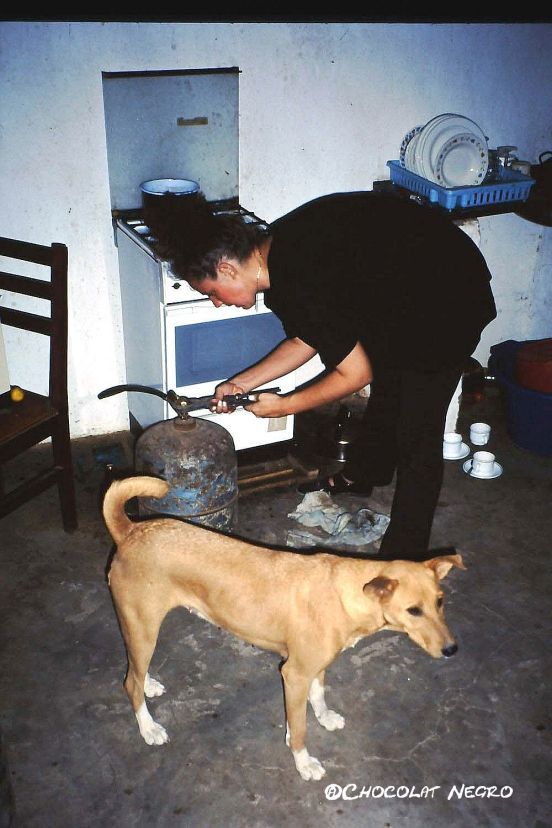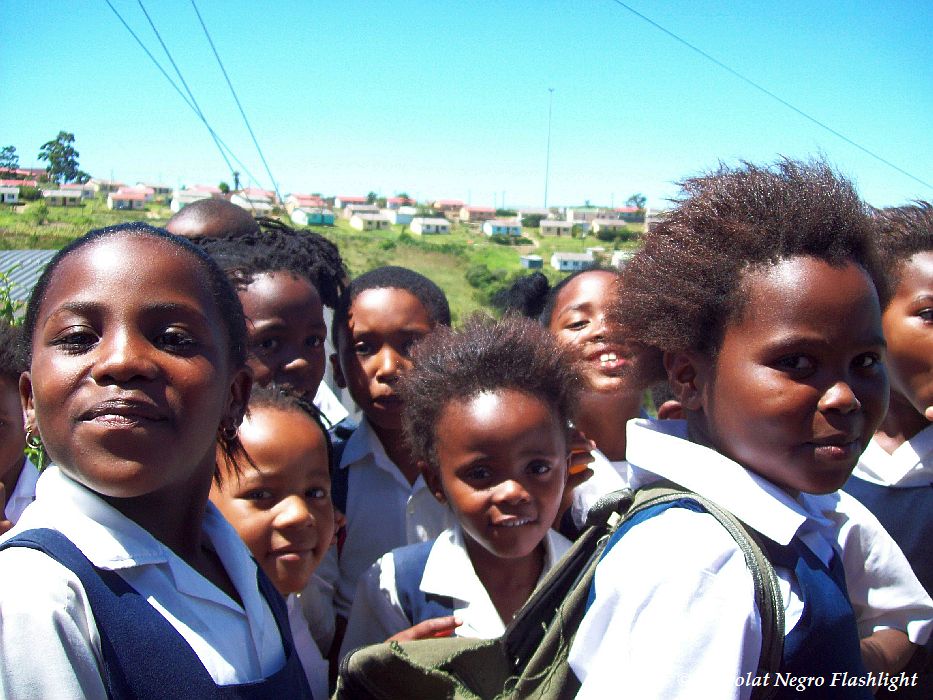
Three men own a woman throughout her life
I had become very close with Salif. He worked and lived in Nara for the same project as I did. Most of our free time after work and at the weeks-ends we spent together, philosophing in a shady place over the problems of the African continent and the possible solutions to them. More than once we got lost in stimulating conversations that lasted for hours.
One afternoon after work I was sitting in his yard, while he was preparing the tea on his small coal stove, listening to the sounds of Baaba Mal, coming out of the tape-recorder. Baaba Mal sounded a bit metallic that day, due to the quality of the tape recorder and the force of the 12 Volt battery, that had reached the last hours of its working life. New batteries had not yet arrived from Bamako because the truck was “en panne” ( break down ) on the road since the day before and was still in the same place some hundred kilometers away.
Our topic for this afternoon, that I had started, was the plight of African women in rural areas. One of the first things, that I noticed, when coming to Nara, was how incredibly hard the women worked. And I also noticed that in most cases it was accepted and expected that they carried huge loads on their heads, walked to the well to fetch water, sweeped, washed, cleaned, were sent on commisisons to the market over and over again, worked into the late evening hours etc. In one word a woman’s job. Just that a woman’s job in rural Africa is so much harder than a woman’s job in any other place in this world.
Salif listened attentively to my perception of the situation.
” I agree, he said, but you know here we say, that a woman is owned by three men throughout the span of her life”.
” Explain”.
” The first man that owns you is your father. When a girl is born she belongs to her father in our tradition. Then, when she gets married, she is owned by her husband. Her father does hand her over to her husband and his responsibility for her ceases at that moment. The husband takes over. And the last who owns her, is her son. This ownership you must not only see as a physical and autoritarian one, but it is also a mental and psychological one. “
The moment he had finished the sentence my mind drifted off and went on a journey of its own.
” A woman will never be free of the influence these three men have on her and her life, and that is the real plight a woman is living in my eyes”, I still heard him say.” in Mali it is still difficult for a woman to survive on her own without a man. The concept of feminine freedom is not the same for her as the concept of feminine freedom is for you. These are two entirely different things in this world.”
I had come a long way so far. I had a long road behind me to come to Nara. I thought of the months I had stayed in Berlin to prepare for this job with the organization that had hired me. I had given up my flat, my work, had sold everything. I had moved into a residence with many others, who went to developing countries all over the world. I owned nothing anymore except clothes. And we were all prepared for a job, that you cannot prepare for. That I know now!
In Berlin, in the multicultural melting pot, in the open-hearted and pulsating metropole I had seen gay and lesbian couples walking freely hand in hand on the streets, committing to their relationship in public without making a topic out of it anymore or without even showing the slightest sign of insecurity. I had seen beautiful women and men with a new understanding of freedom in their eyes. You could feel the freedom. The idea of the nucleus family has faded to a large extent in Europe and in fact it does not interest many people anymore to talk about how the once classical roles in European societies have changed. Not that family values are not important anymore, just that the roles been inversed or completely reformed.
I put my head back and closed my eyes. Why does something that is so right and is the norm, feel completely wrong in another place. And why do his words seem to be so true.
” Are you alright “, Salif asked.
” Yes, yes , I am”. I was looking at the changing colors of the sky. A thin line of pink appeared over the trees and the air smelled of dust.
” When I talked of ownership, he added, it does not mean that it has to be seen in a negative way. It is not necessarily a negative thing. I know there are men who do not treat their women well. We do not approve of that in our society either, but it is hard to deal with. It is just a fact, that a woman is never entirely free in her decisions because these three men, father, husband and son are with her forever. Even if her husband is dead, her son takes that role. So when is she ever free of a man’s influence. “
” Only when there is no man anymore, I guess, is that what you saying “‘
” May be, he replied, but is it worth it?


















